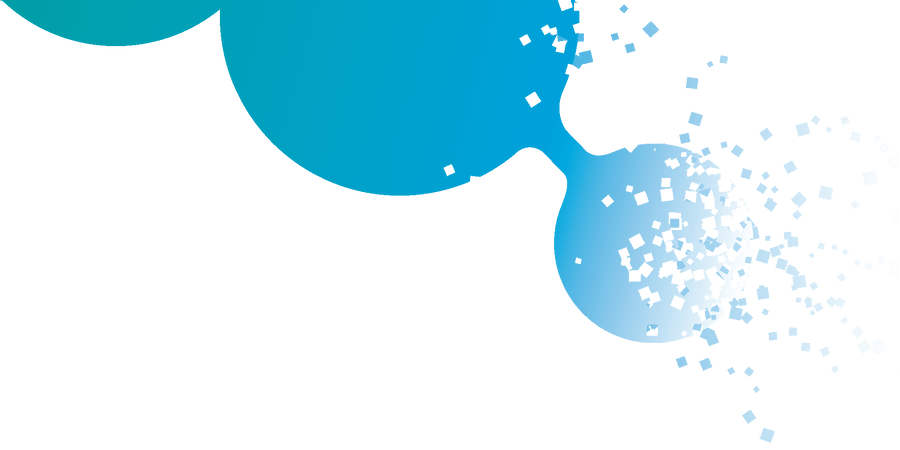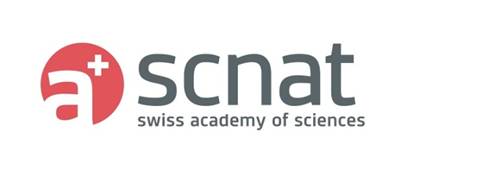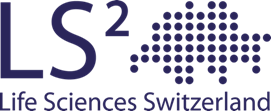The SNF Travel Fellowship offers financial support for students and postdocs to attend the [BC]2 Conference and present a talk or poster. This fellowship aims to assist individuals who might not otherwise be able to attend due to reasons beyond simple lack of funding for travel and accommodation.

Covered costs
Travel costs: Up to 1,000 CHF for economy-class flights, train travel, airport transfers, and visa fees. Regional limits apply:
- up to 500 CHF for travel within Europe
- up to 700 CHF for travel from the Middle East
Only actual travel costs will be reimbursed according to the specified limits and guidelines.
Accommodation and living costs: a lump sum of 200 CHF per night for up to 3 nights maximum. A signed confirmation of receipt will be requested, but no accommodation tickets/receipts are needed.
Additional information
- Fellowships are valued at up to 1,600 CHF and may cover partial or full travel and accommodation costs.
- Additional expenses, such as registration fees for workshops, tutorials, or the main conference, are not covered.
- Applying for a fellowship does not guarantee that you will receive funding, please wait until the acceptance notification of travel fellowships before registering.
- Reimbursements are processed after the conference upon receipt of travel tickets and signed confirmation form acknowledging the lump sum received.
- Travel arrangements must be made independently by the selected fellows according to the guidelines (economy-class plane, train travel in Europe) as well as accommodation.
- After the conference, selected fellows are required to provide a photo and a brief summary of how attending the [BC]² Conference benefited them. This information may be used by the [BC]2 for promotional or reporting purposes.
Requirements and procedures
Applicants must meet the following conditions:
- Presenting requirement: the applicant must be the presenting author of an accepted [BC]2 oral presentation, poster pitch or poster. The presenting authors can send a travel fellowship application before receiving the acceptance notification for their submissions; if their submissions are accepted for presentation at the conference, they will be shortlisted among the candidates who applied for travel funding.
- Motivation statement: applicants must submit a 500-word statement via the official application form, explaining why they need travel funds and how attending [BC]2 will benefit their career.
- Conference attendance: recipients must attend at least two conference days (9–10 September) and secure additional funding from other sources to be able to cover the full costs of attending the conference.
- Academic status: fellowships are for MSc students, PhD students, and postdoctoral researchers affiliated with an accredited university or college. Proof of status is required.
Selection process and criteria
Applications will be reviewed by 3 members of the scientific committee following these criteria:
- Quality of the applicant (abstract, track record, letter of motivation)
- Likely benefit of the meeting for the applicant and their research group
- No more than one person per research group will be supported.
Funding sources for travel fellowships are very limited, and we regret that we may not be able to fund all applicants. The conference organizers are committed to support as many eligible applicants as possible.
Important dates
- 10 March 2025 – Fellowship call opens
- 29 May 2025 – Fellowship call closes
- Mid-June 2025 – Acceptance notification




